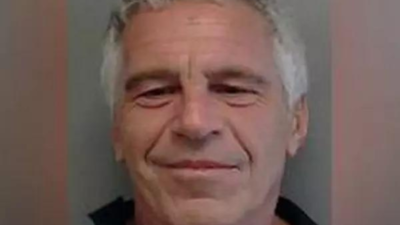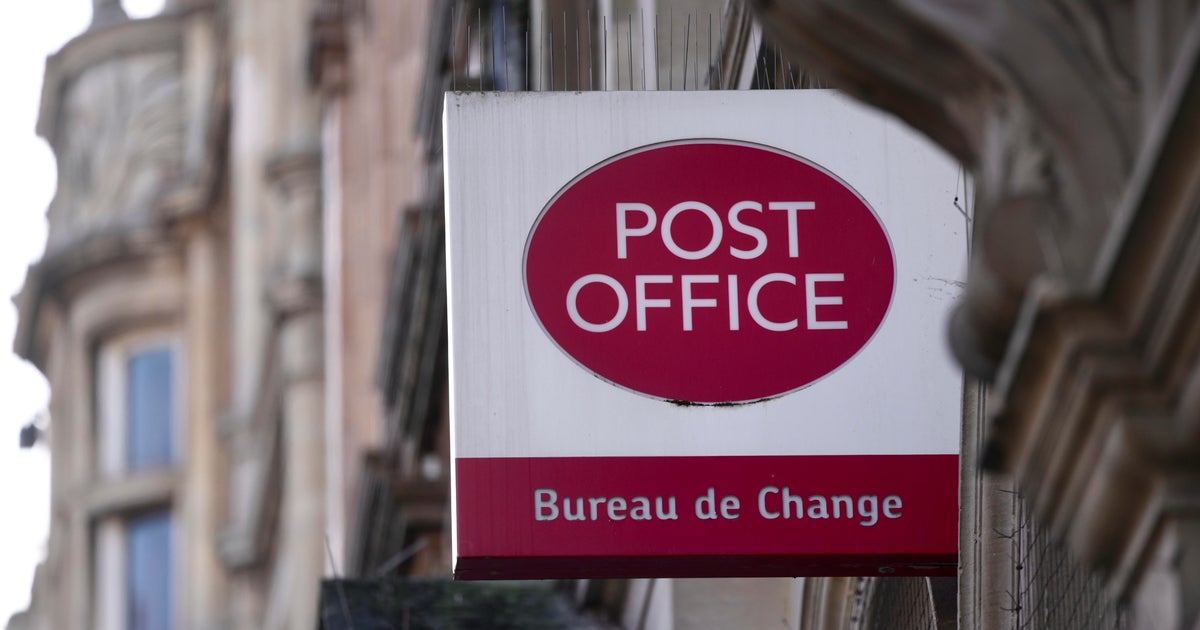
Jeffrey Epstein (File photo)
Jeffrey Epstein, the convicted sex offender who died by suicide nearly six years ago, invested $40 million in two funds managed by Valar Ventures, a New York-based firm co-founded by Silicon Valley mogul Peter Thiel, according to a confidential estate financial report obtained by The New York Times.
These investments, made during 2015 and 2016, have now grown to an estimated $170 million, making them the largest remaining asset in Epstein’s estate.The financial link between Epstein and Thiel’s firm had remained undisclosed until now. Valar Ventures focuses on tech-based financial services startups, and the firm’s representative described Epstein in 2014 as a “well-known adviser to world leaders, top universities and philanthropic organizations.”The estate, which currently holds over $200 million in assets, has distributed hundreds of millions in settlements to Epstein’s victims and the US Virgin Islands, where Epstein maintained a residence. Yet the substantial returns on the Valar investment are unlikely to benefit the roughly 200 victims who previously accepted monetary settlements, signing releases preventing further claims against the estate or associated individuals.
Instead, the funds are expected to go to one of Epstein’s former romantic partners and two longtime advisers who are designated beneficiaries of his estate. A confidential document about the estate’s 1953 Trust, the main vehicle for asset distribution, shows Epstein intended to forgive about $19 million in loans, including some to entities “closely associated” with the estate co-executors and advisers Darren Indyke and Richard Kahn.David Boies, a lawyer for several victims, criticized federal authorities for their lack of pursuit of civil forfeiture actions after Epstein’s death. “While we are grateful for the government’s prosecution of Epstein and Maxwell, the truth is that, both before and afterwards, the government was largely asleep at the switch,” Boies said. Civil forfeiture could have allowed the government to seize remaining estate assets potentially usable for victim compensation.
However, a person familiar with the case, quoted by NYT, said federal prosecutors considered this but rejected it to avoid delaying settlement payments.Epstein amassed his wealth by charging high fees for tax and estate services to select billionaires, including retail magnate Leslie Wexner and private equity investor Leon Black. Black reportedly paid Epstein over $158 million in fees, and Epstein’s Manhattan mansion was once owned by Wexner.Aaron Curtis, speaking for Valar, said the firm “hopes that the eventual distribution of these investments can be put to positive use by helping victims move forward with their lives.” However, the Valar investments remain illiquid due to typical venture capital lock-up periods, which means cash disbursements to victims or other parties are delayed.At his death, Epstein’s assets- including investments, properties, artwork, and jewelry- were valued at around $600 million.
The estate’s most recent public filing, as of March 31, lists assets exceeding $131 million, including roughly $50 million in cash, though investment values have not been updated since Epstein’s death.Meanwhile, a federal civil lawsuit filed by Boies’ firm seeks to represent unsettled victims in a potential class action against the estate executors. Previous settlements ranged from $500,000 to $2 million per victim. Once this lawsuit is resolved, remaining estate funds will be distributed according to Epstein’s will, which directs assets to the 1953 Trust.

 1 month ago
13
1 month ago
13










 English (US) ·
English (US) ·